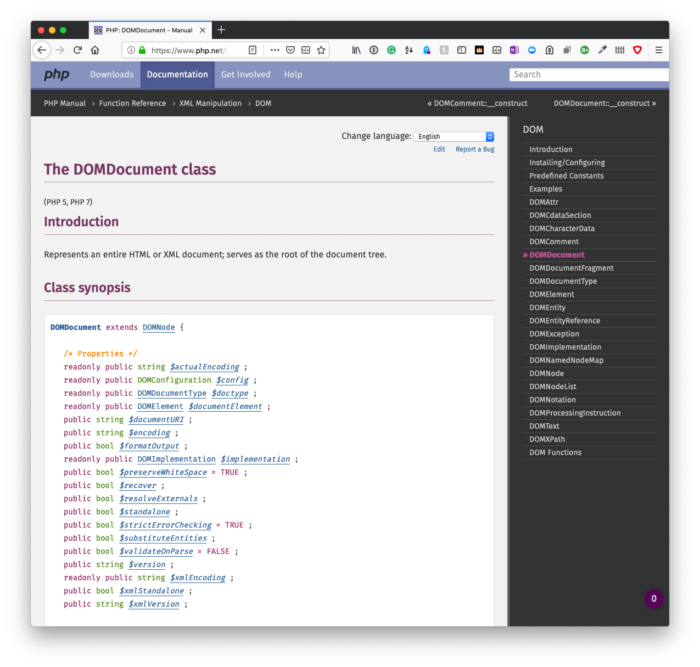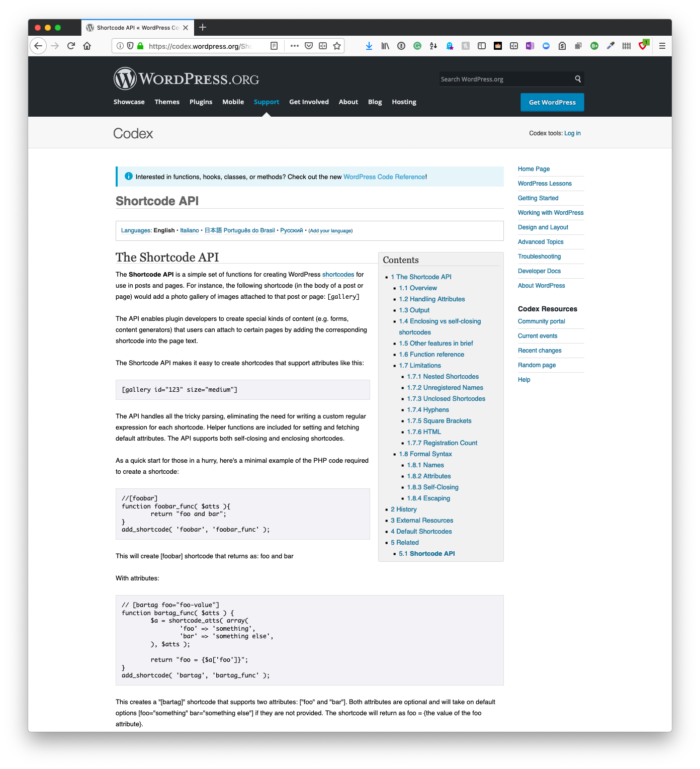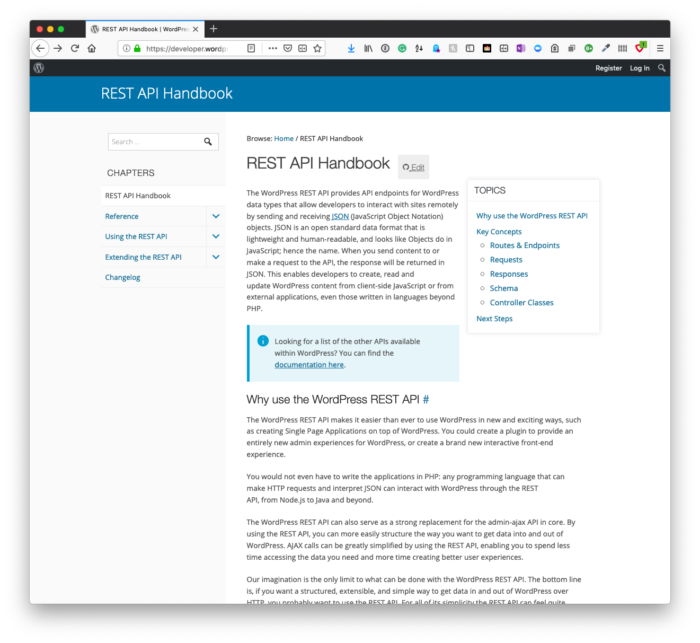When it comes to manipulating the DOM, the first thing many of us likely think of is using JavaScript to do whatever it is we need to do.
Not only does the language natively support functions for doing this, newer features of ES6 give us more powerful ways to build client-side scripts. And if you’re using jQuery with WordPress, then you have the same library of functions for, ahem, querying the DOM that we’ve had for years.
But manipulating the DOM on the client-side isn’t always the best option. Instead, you may want to do so on the server-side. And because of some of the features built into PHP, it’s not much different from how we do things using JavaScript.

Other than, of course, we’re doing so on the server.


